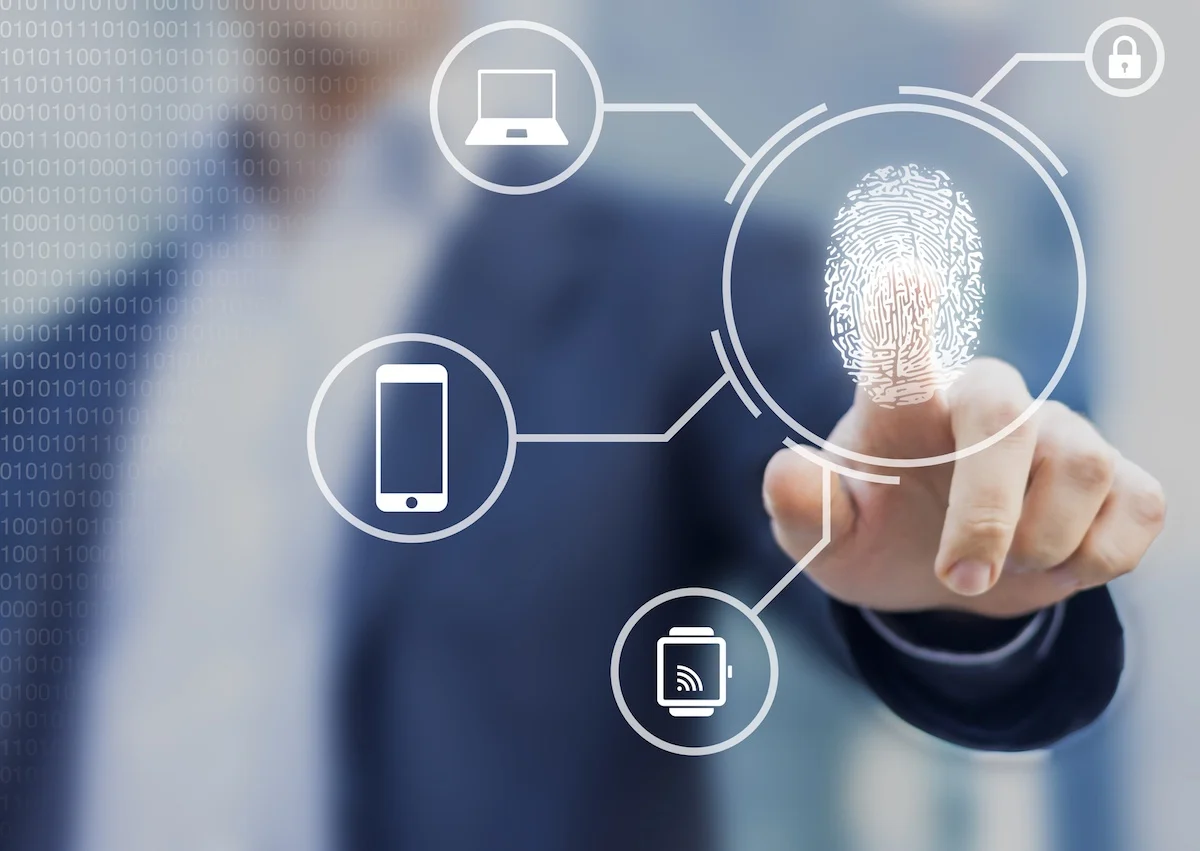How to Secure Your Phone for a Demonstration

In today’s digital age, smartphones have become integral to our lives. They hold vast amounts of personal and sensitive information, making them attractive targets for hackers and unauthorized access. If you plan to participate in a demonstration or protest, it’s crucial to secure your phone and protect your privacy. This article will provide a comprehensive guide on securing your phone for a demonstration, ensuring that your personal information remains safe.
Secure Your Phone for a Demonstration
Understanding the Risks
Before delving into the various security measures, it’s important to understand the risks involved when using your phone during a demonstration. Government surveillance, data theft, and unauthorized access are potential threats you may encounter. By being aware of these risks, you can take appropriate actions to safeguard your phone and protect your privacy.
Read More: Smartphone Showdown: Comparing the Best Mobile Phones
Use Strong and Unique Passwords
One of the fundamental steps in securing your phone is setting a strong and unique password. Avoid using common or easily guessable passwords such as your birthdate or “123456.” Instead, create a complex password that combines letters, numbers, and special characters. Furthermore, using different passwords for each of your online accounts is essential to prevent a domino effect if one account gets compromised.
Enable Two-Factor Authentication
Enabling two-factor authentication adds an extra layer of security to your phone. With this feature, you will need to provide a second form of verification, such as a fingerprint scan or a one-time password, in addition to your password. This significantly reduces the risk of unauthorized access, even if your password is compromised.
Keep Your Operating System Updated
Regularly updating your phone’s operating system is vital to ensuring its security. Software updates often include important security patches that address known vulnerabilities. By keeping your phone’s operating system up to date, you can minimize the risk of exploitation by malicious actors.
Install Reliable Security Apps
There are various security apps available for both Android and iOS devices that can enhance the protection of your phone. These apps offer antivirus scanning, malware detection, and remote device wiping. Research and install a reputable security app from a trusted source to fortify your phone’s defenses.
Avoid Suspicious Apps and Links
Be cautious when downloading apps or clicking links, especially during a demonstration. Malicious apps or links can contain malware that compromises your phone’s security. Stick to official app stores, such as the Google Play Store or Apple App Store, and verify the credibility of websites before clicking on any links.
Encrypt Your Device
Encrypting your device ensures that the stored data is protected even if the phone falls into the wrong hands. Both Android and iOS devices offer encryption options in their settings. Enabling encryption will scramble all your data, which can only be accessed with the correct encryption key.
Disable Biometric Authentication

While biometric authentication methods like fingerprint or facial recognition are convenient, they can pose risks during a demonstration. In certain situations, authorities may try to forcibly unlock your phone using your biometric data. Turn off biometric authentication and rely solely on a strong password or PIN to prevent this.
Use a Virtual Private Network (VPN)
A VPN encrypts your internet traffic and masks your IP address, providing additional privacy and security. When connected to a VPN, your online activities are shielded from prying eyes, making it harder for hackers or government surveillance to track your online presence. Choose a reliable VPN service and activate it before attending a demonstration.
Be Mindful of Social Media Usage
Social media platforms can be valuable tools for sharing information and organizing events. However, being mindful of what you post and share during a demonstration is crucial. Avoid disclosing personal information or sensitive details that could be used against you. Remember that unwanted parties can access anything you share online.
Protect Your Physical Device
Securing your phone physically is as important as protecting it digitally. Keep your phone with you always, and avoid lending it to anyone you don’t trust. Consider using a sturdy case and a screen protector to safeguard against accidental damage. Additionally, be cautious of your surroundings and avoid placing your phone in easily accessible pockets or bags.
Secure Your Network Connections
When connecting to public Wi-Fi networks during a demonstration, exercise caution. Public Wi-Fi networks are often unsecured, making them susceptible to eavesdropping and data interception. Use a trusted mobile network or a personal hotspot to access the internet whenever possible. If you must use public Wi-Fi, consider using a VPN to encrypt your connection.
Regularly Backup Your Data
Data loss can occur for various reasons, including theft or damage to your phone. Regularly backing up your data ensures you can recover it in case of an unfortunate event. Utilize cloud storage services or back your phone to a computer to safeguard your valuable information.
Practice Safe Browsing Habits
While browsing the internet on your phone, exercise safe browsing habits. Avoid visiting suspicious websites or clicking on unknown links. Be wary of phishing attempts and double-check the URLs before entering personal information. Practicing safe browsing habits can minimize the risk of falling victim to online scams or malware attacks.
Read More: The Latest Mobile Phones Accessories in 2023
Conclusion
Securing your phone for a demonstration is crucial to protect your privacy and personal information. By following the guidelines outlined in this article, you can significantly enhance the security of your device. Remember to use strong passwords, enable two-factor authentication, update your operating system, install reliable security apps, and practice safe browsing habits. Additionally, be mindful of your physical device, secure your network connections, and regularly back up your data. By taking these proactive steps, you can ensure that your phone remains secure during a demonstration.
FAQs
1. Is it necessary to turn off biometric authentication during a demonstration?
Disabling biometric authentication adds an extra layer of security and prevents authorities from forcibly unlocking your phone using your biometric data. However, the decision to turn off biometric authentication is personal based on your comfort level and the specific circumstances of the demonstration.
2. Can using a VPN slow down my internet connection?
Using a VPN may decrease your internet speed due to the encryption and rerouting of your traffic. However, reputable VPN services strive to minimize this impact, and the added security benefits outweigh the minor decrease in speed.
3. How often should I update my phone’s operating system?
Updating your phone’s operating system as soon as updates become available is recommended. Manufacturers release updates to address security vulnerabilities, so updating your device is crucial for maintaining its security.
4. Are there any free security apps available for smartphones?
Yes, there are both free and paid security apps available for smartphones. However, it’s important to research and choose a reputable security app from a trusted source to ensure its effectiveness and reliability.
5. Can I recover my data if my phone gets stolen or lost?
If you regularly back up your data, you can recover it even if your phone gets stolen or lost. Utilize cloud storage services or back up your phone to a computer to ensure your data remains safe and accessible.











